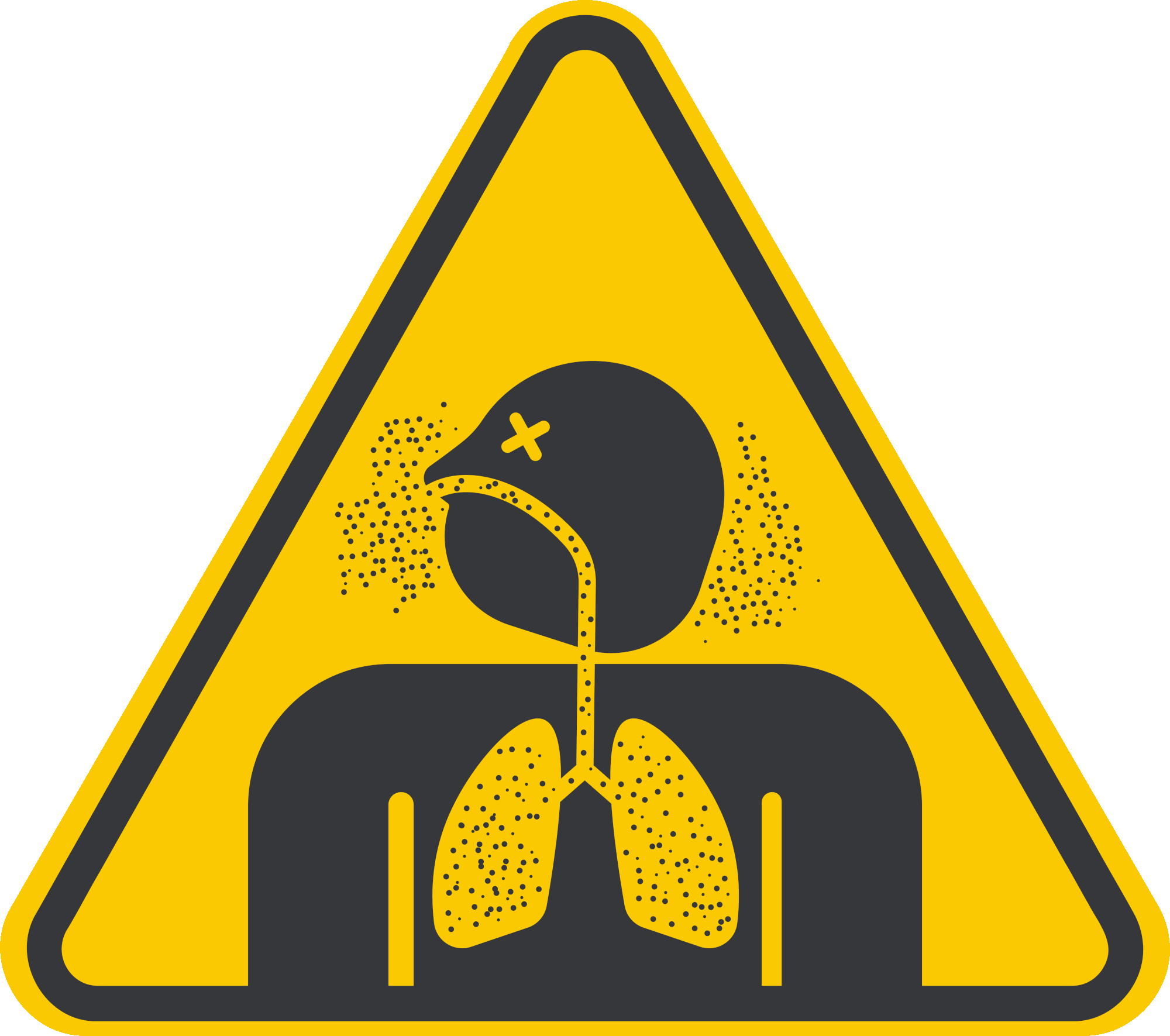Breathing in butane is far more dangerous than many people realize. What might seem like a quick and harmless way to get high can cause immediate health problems, long-term damage, or even sudden death. Butane is a common gas used in lighters, refill canisters, and camping stoves, which makes it easy to access and especially risky for teens and young adults. Understanding what happens if you inhale butane, the short- and long-term effects, and why it is so dangerous is an important step in protecting yourself or someone you love.
What Is Butane, and Why Do People Inhale It?
Butane is a highly flammable, colorless gas commonly found in lighters, camping stoves, and aerosol products. When used correctly, it is safe as a fuel source. However, some people intentionally inhale butane to experience a brief and intense high. This practice is extremely dangerous, as butane deprives the brain and body of oxygen, which can cause injury or even death after a single use.
Reasons People Misuse Butane for a Quick High
The high from inhaling butane comes on quickly, often within seconds, and fades in just a few minutes. The short-lived nature of the effect can drive people to inhale repeatedly in one sitting. Teens and young adults may experiment out of curiosity, peer influence, or stress. While the high may feel harmless at first, even one attempt carries serious risks that can be fatal.
Short-Term Effects of Inhaling Butane on the Body and Brain
The effects of butane inhalation are immediate and noticeable. Here are several of the common inhaling butane symptoms:
- Dizziness and lightheadedness
- Confusion or disorientation
- Slurred speech
- Nausea and headaches
- Loss of balance and coordination
- Sudden blackouts or fainting
Because butane reduces oxygen to the brain, the person who inhaled butane may collapse suddenly or become unconscious. These butane inhalation effects create an immediate risk for accidents, injuries, and potentially life-threatening outcomes.
Long-Term Health Risks of Butane Inhalation
Repeated butane misuse can lead to lasting health complications. Over time, the brain, liver, kidneys, and nervous system may all be damaged. Long-term effects include:
- Ongoing memory and learning problems
- Chronic anxiety, depression, and mood swings
- Nerve damage that causes weakness or tingling
- Sleep disruptions and appetite changes
- Higher risk of substance use disorder
Some damage may improve with treatment, but other effects can be permanent.

Dangers of Inhaling Butane That Make It Especially Risky
There are several dangers of inhaling butane that increase the risk factor, including butane inhalation death. Keep reading to learn more.
Sudden Sniffing Death from Butane Inhalation
One of the most severe dangers of inhaling butane is “sudden sniffing death syndrome.” This occurs when butane sensitizes the heart to adrenaline, causing a fatal heart rhythm. It can happen the very first time someone inhales butane, even if they are otherwise healthy.
Physical Injuries and Lung Damage Caused by Butane
Because butane is stored under pressure, it becomes extremely cold when released. Direct inhalation can freeze the lips, mouth, throat, and lungs, leading to frostbite, swelling, or chemical pneumonia. Long-term respiratory issues can follow.
Fire and Explosion Risks Linked to Butane Misuse
Butane vapors are highly flammable. Misuse near open flames, sparks, or even static electricity can ignite fires or explosions. Severe burns to the face, lungs, or hands are common in inhalant accidents.
Warning Signs That Someone Is Abusing Butane
Parents, friends, and loved ones may notice signs of butane misuse, including:
- Chemical smells on clothing, hair, or breath
- Hidden or empty lighters and canisters
- Unexplained stains around the mouth or nose
- Sudden mood swings or secretive behavior
- Declines in school or work performance
While these signals don’t confirm inhalant use alone, they are strong reasons to check in with care and concern.
What to Do if Someone Overdoses on Butane
If someone becomes unconscious, has a seizure, or stops breathing after inhaling butane, call 911 immediately. Move the person into fresh air if possible, and place them on their side if they are breathing but unresponsive. If breathing stops, begin CPR if trained. Even if they wake up, emergency medical care is critical to assess hidden complications.
Drug & Alcohol Rehab and
Addiction Treatment in West Virginia
Get in touch with our recovery center today at 866-860-9772
Can Inhaling Butane Become Addictive?
Butane misuse can develop into a substance use disorder. The fast high and quick comedown often lead to repeated inhalation, which can create cravings and compulsive behavior. Continued use despite health, school, or relationship problems is a sign of addiction and should be addressed with professional treatment.
Treatment Options for Butane Misuse and Inhalant Addiction
Wondering what options are available for substance abuse treatment in West Virginia? We can help you assess the level of care that’s right for you or your loved one.
Medical Stabilization for Butane Inhalation
Medical evaluation is the first step in treatment. Doctors may provide oxygen therapy, monitor heart function, and treat frostbite or lung injury. Early care can prevent long-term complications.
Therapy and Counseling for Butane Misuse
Therapies such as cognitive behavioral therapy (CBT) and motivational interviewing help individuals build coping skills, manage triggers, and reduce cravings. Family therapy can also improve communication and provide healthier support at home.
Mental Health Treatment for Co-Occurring Conditions
Many people who misuse butane also live with depression, anxiety, or trauma. Addressing these mental health conditions at the same time as substance use treatment is essential for long-term recovery.
Long-Term Recovery Support After Inhaling Butane
Recovery is an ongoing process. Peer groups, outpatient or residential programs, and aftercare planning help provide accountability and reduce relapse risk. Building a structured routine supports both physical and emotional healing.
Drug & Alcohol Rehab and
Addiction Treatment in West Virginia
Get in touch with our recovery center today at 866-860-9772
How Wise Path Recovery Centers Helps with Butane Misuse
Wise Path Recovery Centers offers evidence-based treatment for people struggling with inhalant misuse and co-occurring mental health challenges. Our programs include medical evaluation, therapy, and family support tailored to each person’s unique needs. If you or someone you love is struggling with butane inhalation, our team provides compassionate care designed to restore health and guide lasting recovery.
Frequently Asked Questions About Inhaling Paint Thinner
Why is butane more dangerous than other inhalants?
While all inhalants are risky, butane is especially hazardous because of its extreme flammability and the risk of sudden sniffing death. Even a tiny spark can ignite butane fumes, and its effect on the heart makes fatal outcomes more likely than with some other substances.
Can butane misuse affect mental health?
Yes, people who misuse butane often experience worsening anxiety, depression, or mood swings. In some cases, inhalant misuse can mask or intensify an underlying mental health condition, which is why treatment often addresses both issues together.
What long-term organ damage can butane cause?
Chronic inhalation of butane can damage the liver, kidneys, and peripheral nerves in addition to the brain. Some people also develop lasting respiratory problems due to lung irritation and tissue damage.
Are there legal consequences for inhaling or possessing butane for misuse?
Yes, while owning products that contain butane is legal, intentionally inhaling them to get high can be considered substance misuse. In many states, possession of inhalants for abuse or supplying them to minors carries legal penalties.
How does treatment for butane misuse differ from treatment for alcohol or opioids?
Unlike alcohol or opioids, butane does not always cause physical withdrawal symptoms. Treatment focuses more on behavioral therapies, mental health support, and repairing cognitive or emotional harm. Care plans are highly individualized, especially for young people.

